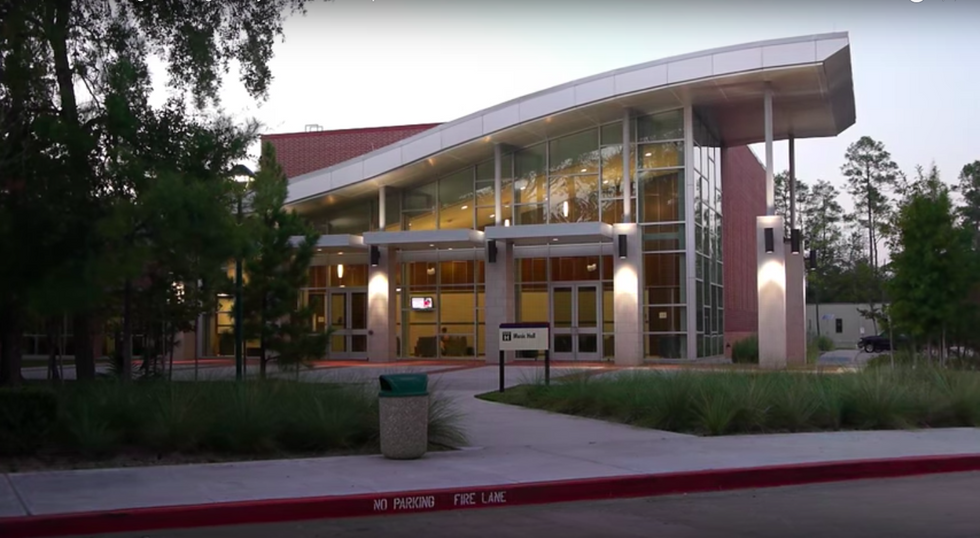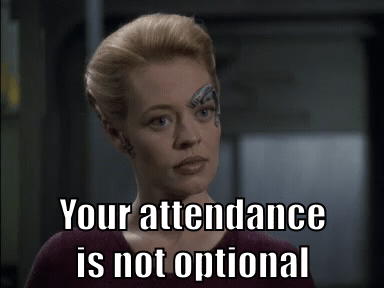Community Colleges were first introduced in the Gilded Age by reformers seeking quality control at universities and social mobility for populist America. Championing inclusivity and accessibility, they earned their label as the "people's colleges," an epithet that still rings true today. Junior colleges overall are inexpensive compared to four-year institutions and represent a practical option for Americans from all walks of life.
However practical they may be, they still carry a stigma for being an unselective, last-resort option for pursuing higher education. Prospective students typically shy away from this relatively debt-free option, citing a desire to enjoy a vibrant campus life away from the monotony of their hometowns and the watchful eyes of their parents 3/5 of the year.
Not you, though. No. Being the individual you are, you stayed. While your friends got the hell out of dodge, you signed up for classes at your local junior college after high school graduation. Or maybe you took a gap year first, while some of your friends were switching out of their dream majors because of a few lousy weed-out classes. Either way, this is where you are at, and as a community college student, these are some truths you know all too well.
1. Friends are hard to find.
The great thing about community colleges is that they are perfect for people with their own life already in place. I.e. real adults. People with kids, established careers, and mortgages. Very few people are in your same walk of life. This makes finding friends that are similar to you so much more difficult. This isn't necessarily a bad thing, though.

2. You need everyone around you to understand how competent you are.
The reason you aren't at your dream school has nothing to do with your intelligence or admission status, and everything to do with pragmatics. You have your reasons.

3. You are thankful for the small class sizes and professors who actually care about your success.
Lecture halls and weed-out classes? No thanks!

4. You feel a little isolated.
Your friends are out at bars, living it up in greek life, geographically removed from any responsibilities other than making it to their 9 AM that calls for an iClicker. Meanwhile, you are at home, cantankerously reminding your siblings to leave the toilet seat down (rest assured, you aren't missing out on dorm life).

6. People are helpful.
Everyone really cares about your success at a junior college. They want you to thrive in your environment, so much so that they make sure you know exactly what your resources are, i.e. the writing help center, library, free printing, the gym, and student services, and how to utilize them.

5. A word about siblings.
Because your weird schedule may leave you at home more frequently during the day than their high school selves, they automatically assume you aren't busy. Don't worry, once they find themselves in your position, they will realize there's nothing lax about teaching yourself an entire semester's worth of microbiology because your teacher has an accent and reads off the slides verbatim.

6. Your parents treat you like a pseudo-adult.
You can start complaining when you pay rent.

7. You still have all the responsibilities you had in high school.
Pick Johnny up from football practice, clean your room, and turn the damn lights off when you leave a room.

8. You don't look to bars and nightlife to cut loose the way your pals at Universities.
It gets a little weird when you come home and your parents are less than amused by the drunken debauchery that occurred between you and your buddies. Or even weirder, when you spend the night somewhere else. That stuff only flies in college towns.

9. Did I mention that you (probably) live with your parents?
Year-round?

10. You yearn to be at the four-year university of your dreams.
Campus life, (semi)independence, and friends your age.

11. But then you remember tuition rates.
You laugh and revel in your lack of student debt.

This is an opinion piece based on the experience of a young community college student. I am aware my views may not accurately represent the experience of students over 18-22, who may not be dependent on their parents, and who lead well-established, independent lives with careers and other adult responsibilities while simultaneously seeking higher education. Hats off to you. And thank you, because your perspective and participation in the classroom and in student life alongside us newbies give us a sense of direction and guidance that we aren't otherwise exposed to.


















































